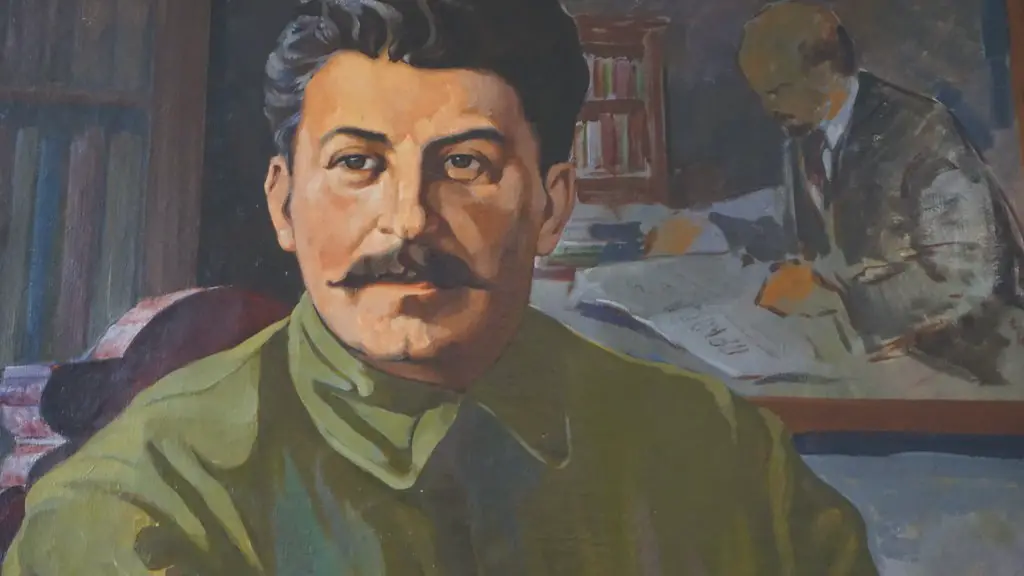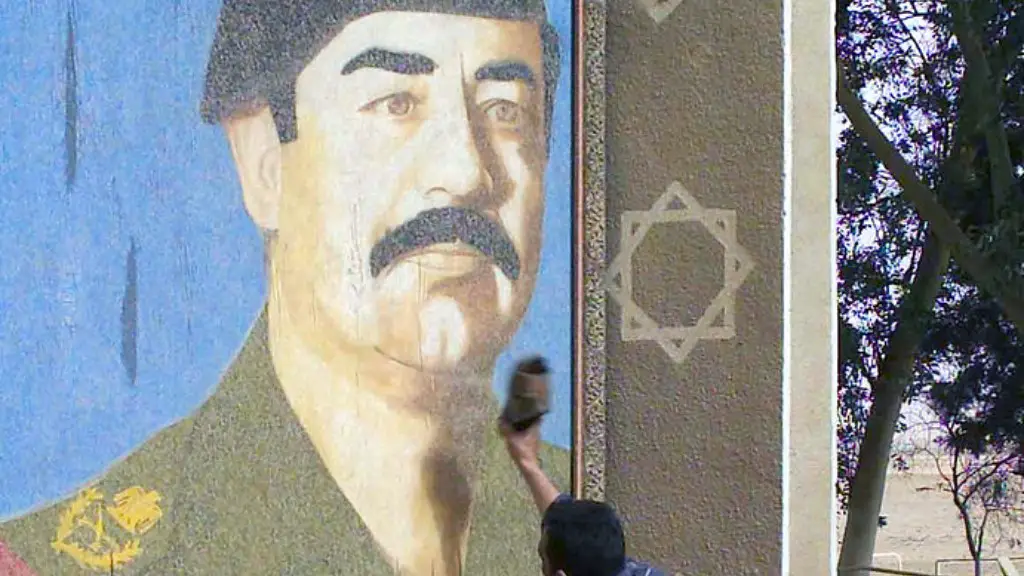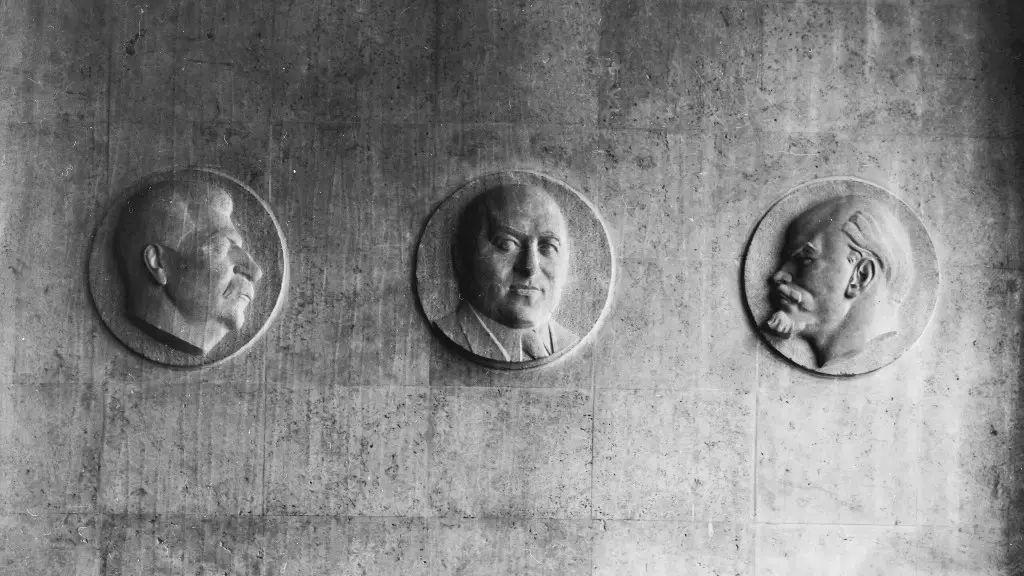On April 9, 2003, U.S. Marines and Army soldiers took control of Baghdad, the capital of Iraq. Saddam Hussein, the dictator of Iraq, was nowhere to be found. He had fled the city, and was eventually captured by U.S. troops on December 13, 2003. Saddam Hussein was removed from power because of the U.S. invasion of Iraq in 2003.
Saddam Hussein was removed from power on April 9, 2003. He was captured by United States forces while hiding in a hole in the ground near his hometown of Tikrit.
How did Saddam Hussein fall out of power?
Saddam Hussein’s capture on December 13, 2003 marked the end of a nine month long manhunt. Hussein’s downfall began on March 20, 2003 when the United States led an invasion force into Iraq to topple his government, which had controlled the country for more than 20 years. The capture of Saddam Hussein was a significant victory for the United States and its allies in the Iraq War.
The Gulf War was a conflict between Iraq and a coalition of countries led by the United States. It lasted from August 1990 to February 1991.
The war began when Iraq invaded Kuwait, and ended when the coalition forces (primarily the US) defeated Iraq and liberated Kuwait.
Though the Gulf War was recognized as a decisive victory for the coalition, Kuwait and Iraq suffered enormous damage, and Saddam Hussein was not forced from power. In all, an estimated 8,000 to 10,000 Iraqi forces were killed, in comparison with only 300 coalition troops.
How long did it take the US to remove Saddam Hussein
The 2003 invasion of Iraq was a military operation that took place in Iraq in 2003. The operation began on 20 March 2003 and lasted for 1 month, 1 week and 4 days. The objective of the operation was to overthrow the Ba’athist government of Iraq and to occupy the country. The operation was successful and the Ba’athist government was deposed. The new Iraqi government was established and the Iraq War began.
The execution of Saddam Hussein on December 30, 2006, brought an end to the life of a man who was responsible for the deaths of countless Iraqis. Among his many crimes was the 1982 killing of 148 Shia Muslims in the town of Dujail. The Iraqi special tribunal that sentenced Hussein to death for this crime noted that it was just a small example of the former dictator’s brutality. Hussein’s execution brings some measure of justice to the victims of his regime, but it cannot undo the damage that he has done to Iraq.
Why did the US want to stop Saddam Hussein?
The Iraq War was primarily justified by the US Congress through the Iraq Resolution. The stated goals of the war were to “disarm Iraq of weapons of mass destruction, to end Saddam Hussein’s support for terrorism, and to free the Iraqi people”. While these were the stated goals, it is widely believed that the real goal was to gain control of Iraq’s oil reserves.
The national infrastructure campaign implemented by Saddam was very successful in improving the roads, mining and other industries in Iraq. This campaign helped to bring electricity to nearly every city in Iraq, which was a great improvement for the people living there.
Did the US support Saddam Hussein?
The United States supported the Iraqi war effort by supplying the Iraqis with billions of dollars of credits, by providing US military intelligence and advice to the Iraqis, and by closely monitoring third country arms sales to Iraq to make sure that Iraq had the military weaponry required.
The Iraq War is a conflict that lasted for over 8 years, beginning with the US-led invasion of Iraq in 2003. The war toppled the Iraqi government of Saddam Hussein, but the ensuing conflict and instability led to years of fighting, costing the lives of hundreds of thousands of Iraqis and over 4,000 US troops. The Iraq War was a major factor in the rise of the terrorist group ISIS, and the war’s legacy continues to be felt in the region today.
Who controls Iraq now
The current Prime Minister of Iraq is Mohammed Shia al-Sudani, who holds most of the executive authority and appointed the Council of Ministers, which acts as a cabinet and/or government. The Prime Minister is responsible for overseeing the government’s actions and has the power to dissolve the Council of Ministers. The Prime Minister is also the commander-in-chief of the Iraqi Armed Forces.
Saddam adhered to an eccentric interpretation of Islam that Ba’thist intellectuals had developed in the mid-twentieth century. For him and many other Ba’thists, Islam was the religion of the Arabs. Muhammad was an Arab prophet who preached a divine message intended for his Arab followers.
Why did the US defend Kuwait?
The three most serious reasons for involvement in the Middle East are oil, order, and weapons proliferation. Oil is the most tangible interest, though not necessarily the most important. Oil provides about 40 percent of American energy, and about 45 percent of this oil is imported. Order is important to the United States because the Middle East is a region of vital strategic importance. The region is home to two-thirds of the world’s oil reserves, and it is a key transit point for global shipping. The United States also has important allies in the region, including Israel, Saudi Arabia, and Egypt. Finally, weapons proliferation is a concern because of the risk that terrorist groups or hostile nations could acquire nuclear, chemical, or biological weapons.
Sami al-Askari’s words are a powerful reminder that those who dedicate their lives to fighting aggression and injustice should not be afraid. His own courage in the face of Saddam Hussein’s execution is an example of how those who take this path can overcome fear and continue to fight for what is right.
Who owns Iraqi oil now
The Rumaila oil field is owned by Iraq and is operated by BP. It is located in the southern part of Iraq and is the largest oil field in the country. CNPC and SOMO hold stakes in the oil field, with BP holding the majority stake. The oil field has been in production since 1953 and is one of the most productive oil fields in the world.
The United States imported an average of 157,000 barrels of petroleum per day from Iraq in 2021. This was a significant increase from the 2019 average of just over 100,000 barrels per day. The increase was largely due to the oil fields in southern Iraq coming back online after being offline for several years. The majority of Iraq’s oil exports go to China, but the United States is the second-largest importer.
Was US invasion of Iraq legal?
There is no doubt that the invasion and occupation of Iraq was a controversial and widely debated topic, with many people arguing over whether or not it was legal. The then United Nations Secretary-General Kofi Annan said in September 2004 that the war was illegal, according to the UN Charter. However, there are many people who feel that the invasion was necessary, and that the legality of the matter is secondary to the needs of the people of Iraq.
Iraq’s three main suppliers of weaponry during the war were the Soviet Union, China, and France. The United States sold Iraq over $200 million in helicopters, which were used by the Iraqi military in the war. These were the only direct US-Iraqi military sales.
Did the U.S. cause the Iran Iraq war
The Iran-Iraq war was a bloody conflict that was exacerbated by American involvement. America’s support of the Kurds was just one of Saddam Hussein’s concerns. Ultimately, American involvement contributed to lasting political insecurity in the region.
The Russian government provided intelligence to Saddam Hussein about the location of US forces and their plans before and during the 2003 US-led invasion of Iraq. This information may have helped Saddam Hussein prepare for the invasion and ultimately led to the defeat of the US-led coalition.
Final Words
Saddam Hussein was removed from power on April 9, 2003, by a coalition of U.S. forces and anti-Hussein Iraqi groups. He was captured by U.S. troops near his hometown of Tikrit.
Saddam Hussein was removed from power on April 9, 2003 by the United States military. Saddam was in hiding during the final days of the Iraq War, and was eventually found by U.S. troops in an underground hideaway. He was captured and put on trial for his crimes against humanity, and was executed by hanging on December 30, 2006.




